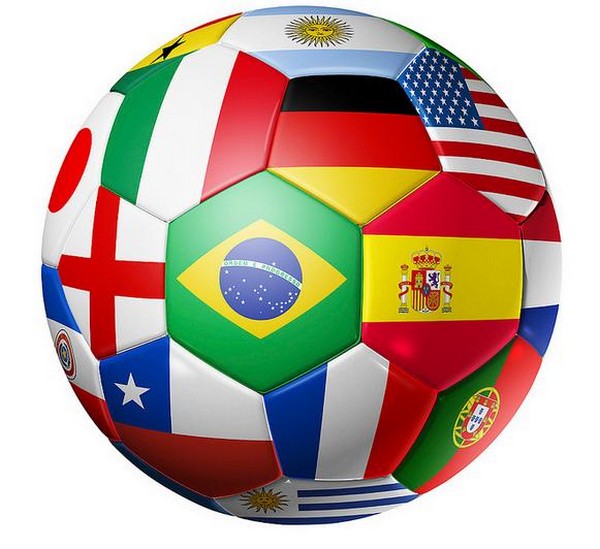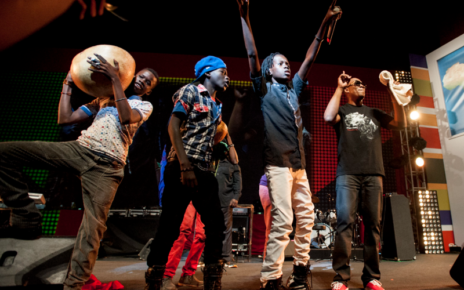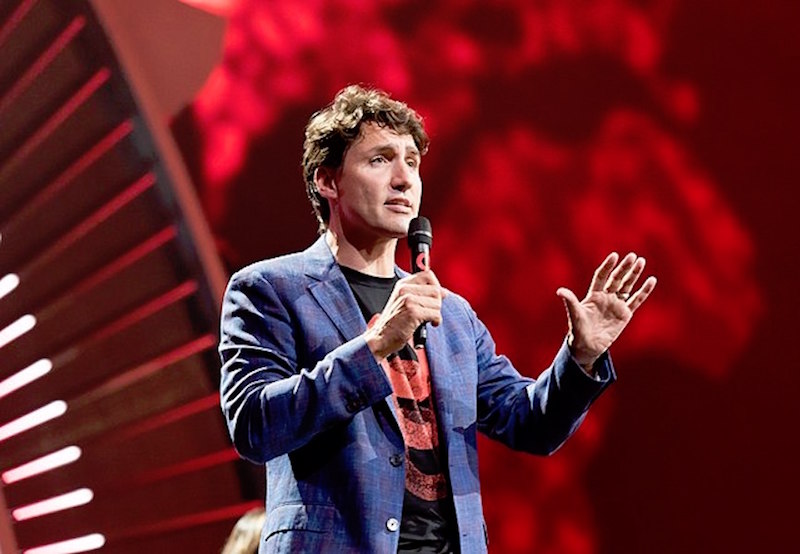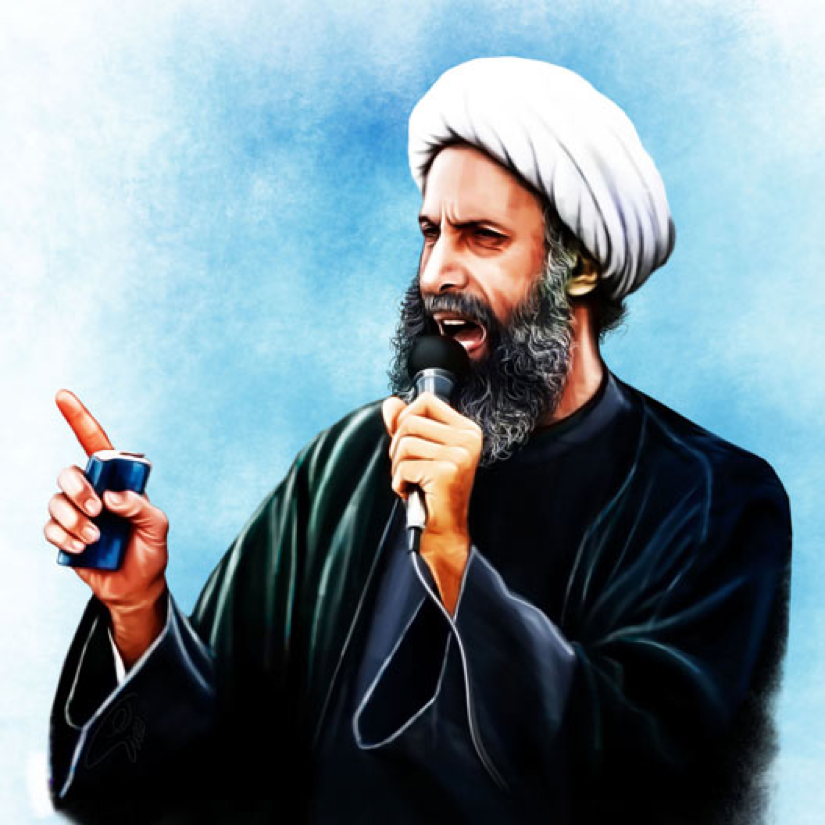The 2014 FIFA world cup kicks off in Brazil this Thursday, June 12th. Passionate soccer fans from around the world will unite to witness the opening match between Croatia and the recently much talked about host country. Viewers are to be continuously entertained, surrounded by vigorous cheers and overpriced snacks, until the final game, to be held on Sunday, July 13th 2014. This is the second time that the South American country has hosted the distinguished event, the first time being in 1950.
Although almost 64 years have passed since the last games, there is little doubt that Brazil will not disappoint. Being given the colossal responsibility of hosting the event should be interpreted as another manifestation of Brazil’s emerging power in the international community. The country has invested in new stadiums, infrastructure and heavy security forces, whilst promising viewers a unique global experience. The country will also host the 2016 Summer Olympics in Rio de Janeiro.
The eviction of impoverished citizens to build parking lots, the brutal “control” measures imposed in slums, the much mediatised return of militarised police forces … Brazil’s recent actions have drawn much scrutiny and skepticism from a variety of international actors.
Many have criticised the country for its poor treatment of the lower socio-economic class during event preparations. The eviction of impoverished citizens to build parking lots, the brutal “control” measures imposed in slums, the much mediatised return of militarised police forces … such concerning matters have drawn scrutiny and skepticism from a variety of international actors. Similarly, the treatment of indigenous people throughout the planning of the games has allegedly perpetuated the colonial legacy in Brazil. Many indigenous groups have been evicted and their properties expropriated by the Brazilian government – despite the evictions having been found illegal by the national courts. To this day, the police are refusing indigenous peoples the right to re-enter their villages and homes. The latter events illustrate the drastic gap of inequality in Brazil – a rather unsettling backdrop as the country attempts to put on an unforgettable show for “futbòl” fanatics.
There is no denying that fans from Canada, despite their country not qualifying for the games, will be screaming at television sets in crowded pubs, wearing colourful jerseys and shedding tears of both joy and sadness. On any busy metropolitan street, passing cars can be seen sporting flags from across the globe: Italy, Portugal, Germany, Japan, Spain… Ironically, such a magnitude of devotion is almost non-existent for Canada itself. The country’s identity is uniquely founded upon the preservation of ethnic loyalties, the establishment of diaspora communities and the values of multiculturalism. It is interesting to juxtapose this ambiguity that so underlines Canadian patriotism with the borderline nationalism that can be observed next door, in the United States. Our southern neighbours have always promoted a melting pot society, whereas Canada preferred a mosaic-like model for multiculturalism. Do global events, such as the FIFA World Cup, highlight this “looser” aspect of Canadian identity? How can the latter even be defined?
Canada’s identity is uniquely founded upon the preservation of ethnic loyalties, the establishment of diaspora communities and the values of multiculturalism. This “ambiguous” patriotism contrasts greatly with next-door’s American nationalism, so carefully honed by melting pot policies.
These questions are all unique to Canada and are important for Canadians to ask themselves. As a country that has prided itself on its multiculturalism and equality, Canada faces many challenges that many other “homogenous” countries do not necessarily face. A concrete example is the challenge posed by the reconciliation of women’s rights and religious rights, both protected under the Canadian Charter of Rights and Freedoms. These rights, along with many others, can often conflict, creating legal and social dilemmas for national institutions.
Should Canadians feel guilty for rooting for another country? Of course not. Such a narrow minded belief would prove incompatible with most of Montreal or Toronto’s streets, where Chinese, Italian and Hungarian restaurants often share the same stretch of pavement, and do so without threatening any “real” Canadian identity. Canada is a multicultural society and will continue to define itself as such. The challenges experienced by our society, such as the aforementioned conflicts between different social and cultural values, should not lead to our societal model being entirely written off. In fact, a return to traditional patriotism would be unlikely to fix most of our social predicaments, such as racism, xenophobia and other prejudice misconceptions.
As both global events, such as FIFA 2014, and national events such as Canada Day approach, Canadians should not feel the need to compromise their direct or indirect ties to other countries. On the contrary, all flags should be brought out, as they act as an inspirational reminder to the rest of the world that Canada welcomes all.





